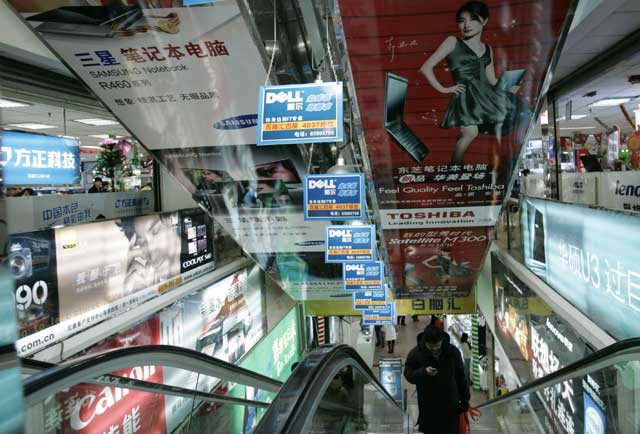Zero-Sum World, By Gideon Rachman

Your support helps us to tell the story
From reproductive rights to climate change to Big Tech, The Independent is on the ground when the story is developing. Whether it's investigating the financials of Elon Musk's pro-Trump PAC or producing our latest documentary, 'The A Word', which shines a light on the American women fighting for reproductive rights, we know how important it is to parse out the facts from the messaging.
At such a critical moment in US history, we need reporters on the ground. Your donation allows us to keep sending journalists to speak to both sides of the story.
The Independent is trusted by Americans across the entire political spectrum. And unlike many other quality news outlets, we choose not to lock Americans out of our reporting and analysis with paywalls. We believe quality journalism should be available to everyone, paid for by those who can afford it.
Your support makes all the difference.Who knows Britain who only Britain knows? The parochialism of our Westminster-Whitehall obsessions of our commentariat is a cause for despair. Justin Webb, the amiable BBC Today presenter, boasted at a charity lunch that he could not name the German foreign minister and dismissed the European Union as a lot of uninteresting people from Luxembourg. Webb has written a fine book on America, as has his fellow Today presenter, Jim Naughtie. But Europe? The world? Nein danke.
The best and the brightest in Whitehall are slowly coaching David Cameron into the realities of Europe and world power. His defence treaty with Sarkozy follows Tony Blair's reversal of British defence isolationism. It will be slow incremental progress but Europe, under Anglo-French leadership, is taking defence and foreign policy seriously.
So this is an important, timely book by one of Britain's best-placed observers of the shifting tectonic plates of the 21st century. It should be obligatory reading for all interested in what is happening beyond our shores. There are plenty of single-issue, or one-country campaigns that have experts. Gideon Rachman is one of the few writers prepared to attempt a synthesis and develop a narrative on the extraordinary acceleration of geopolitics in the past 30 years. He appears to have read every significant book (in English) and talked to key players as he patrolled the world as one of our most serious journalists on foreign affairs.
Like a Frenchman, he divides his history and argument into three. He describes the Age of Transformation, starting in 1978 with the rise to power of Deng in China and Thatcher in Britain – both free-market revolutionaries. This epoch ends in 1991 with Sovietism and Latin American military regimes dismantled, and the US resplendent as it unites the world to kick Saddam out of Kuwait.
Rachman ignores the social upheavals of the Polish, South African, Brazilian and South Korean working class, organised in democratic trade unions. They used classic mechanisms like general strikes, factory occupations, and alliances with progressive intellectuals to rid themselves of authoritarian political systems. As an Economist and FT writer, and a Thatcher generation child, he is not much interested in the needs of workers.
The Age of Optimism goes from 1991 to 2008: new technology; a new European Union, and the rise of an Asian middle class lifting hundreds of millions out of poverty, appeared to prove that Davos-man now ruled the world. But, warns, Rachman, "there are many dangerous international... problems for which there are no market solutions." This insight takes us into today's Age of Anxiety, where politicians turn to old comfort-blankets like protectionism, nationalism and identity politics. Rachman notes a "new confidence in the world's authoritarian powers – in particular China and Russia." In China the fusion of capitalism and communism, in Russia the marriage of capitalism and ex-KGB cadres, exposes the old liberal lie that markets and trade equal freedom and democracy.
Rachman ends with an appeal for a return of "a strong, successful and confident" America. This won't happen until the US leaves its quagmire in Afghanistan and Iraq. European policy-makers should now tell truth to power in Washington: that the democratic world needs its defences to be strong but should avoid war. Meanwhile, let's hear it for Liu Xiaobo, the Chinese Nobel laureate, for Iranian women and for civil society in Russia, Cuba, or for unions fighting for fair pay in India and Mexico. A world of Primark, Walmart and no freedom is not a world our children should inherit.
Denis MacShane MP was a minister at the Foreign Office under Tony Blair
Join our commenting forum
Join thought-provoking conversations, follow other Independent readers and see their replies
Comments